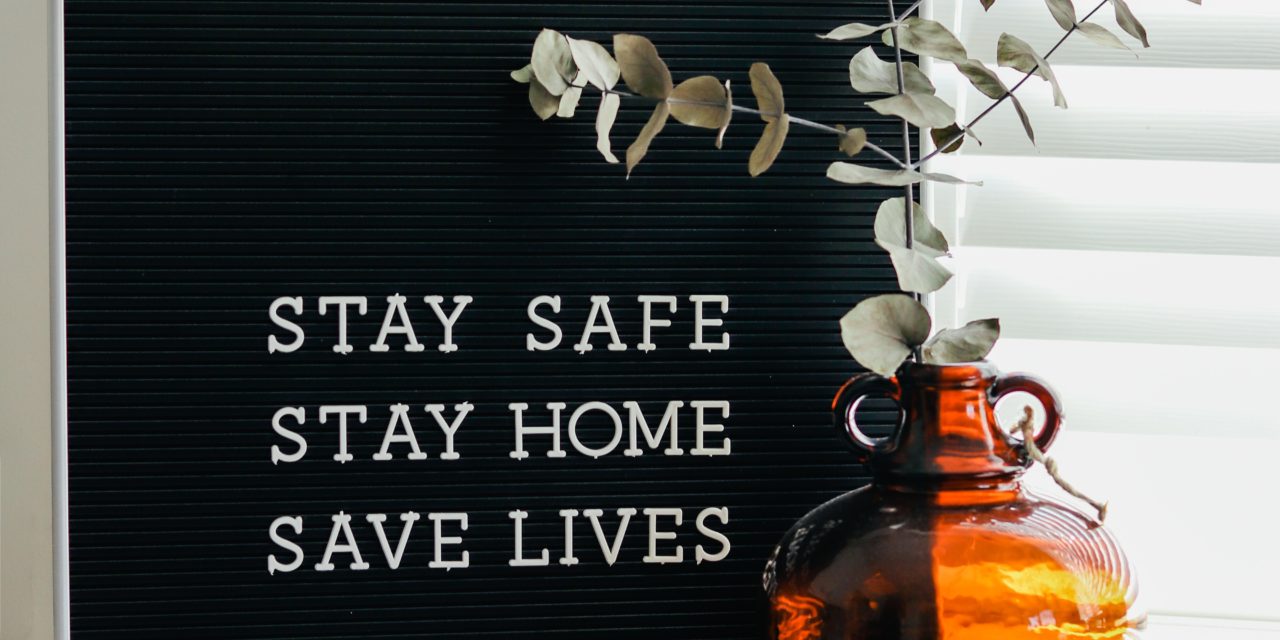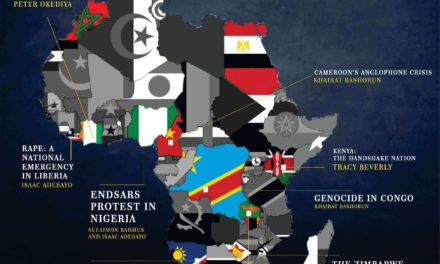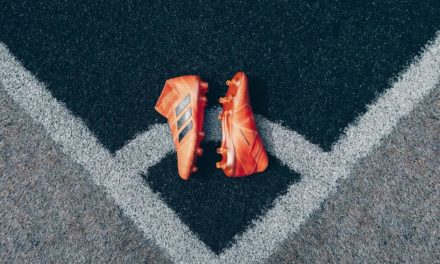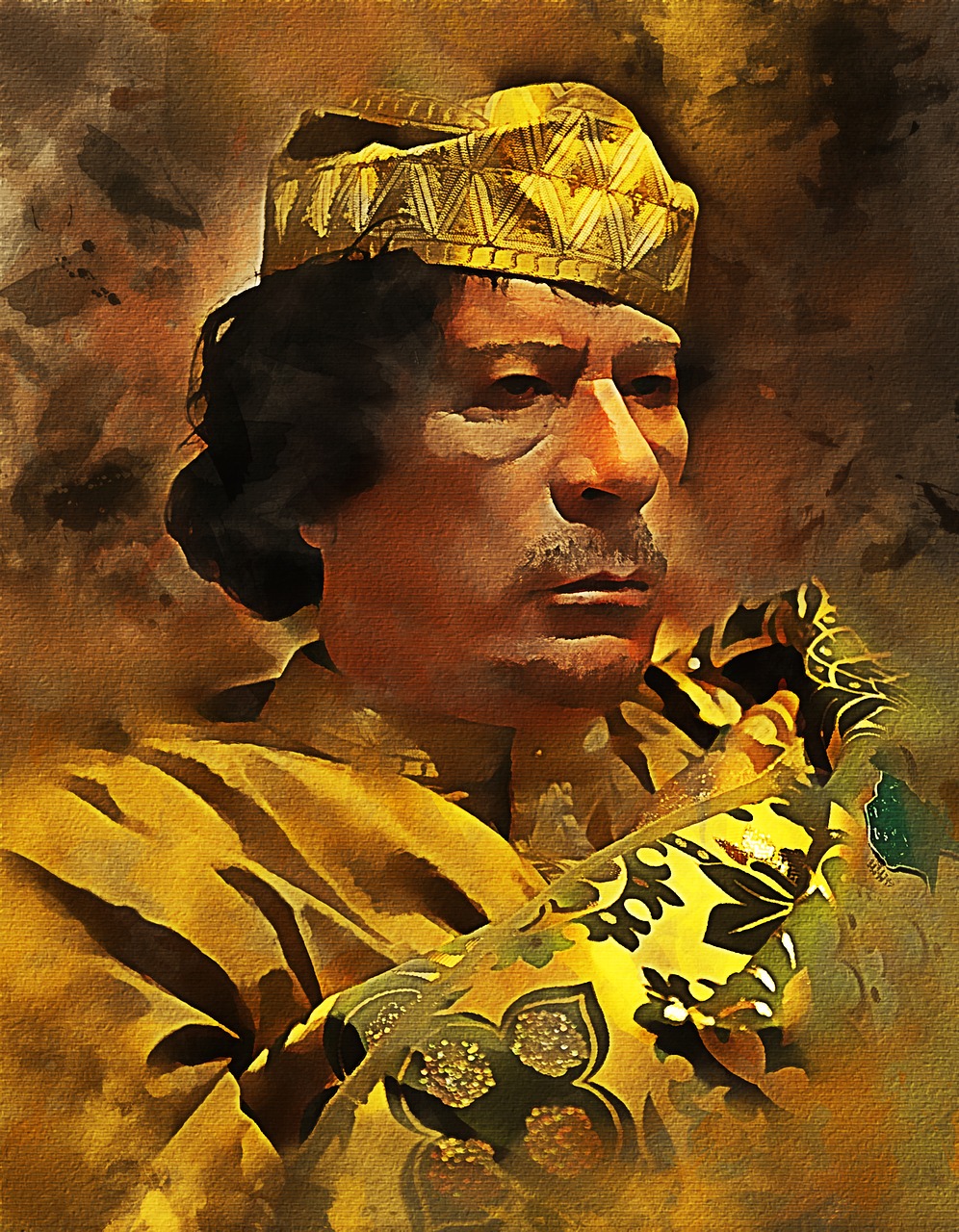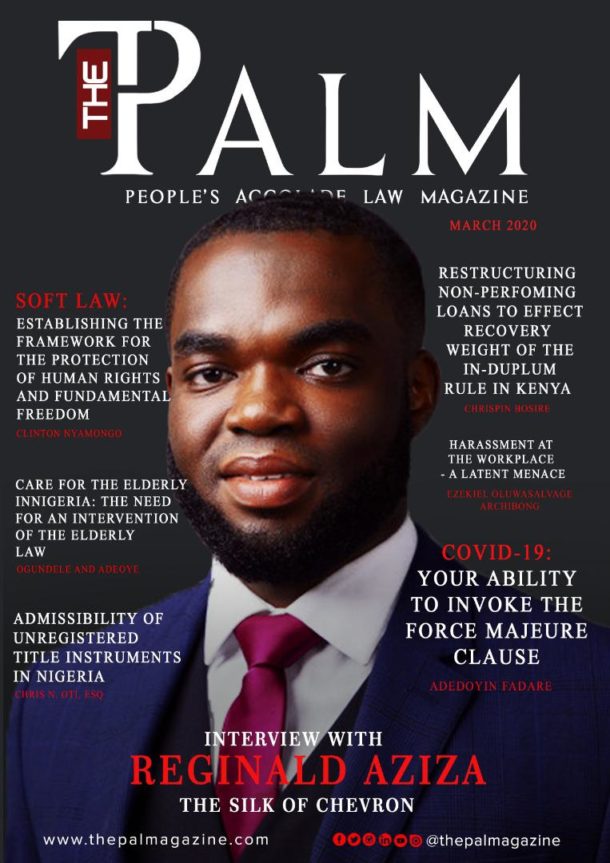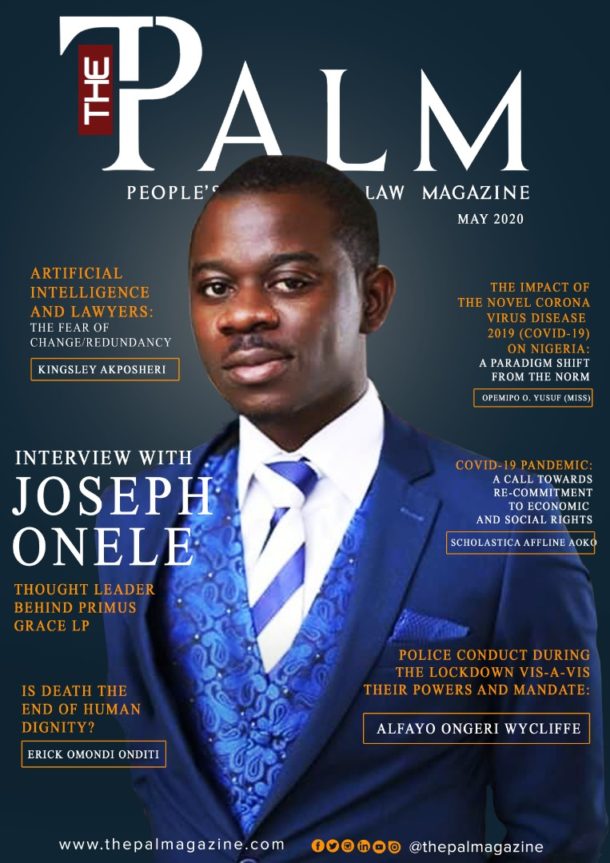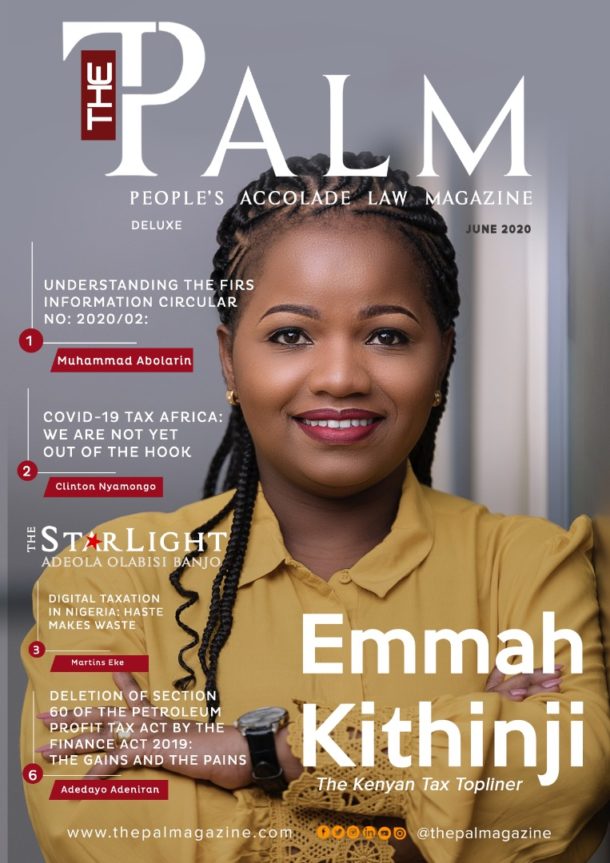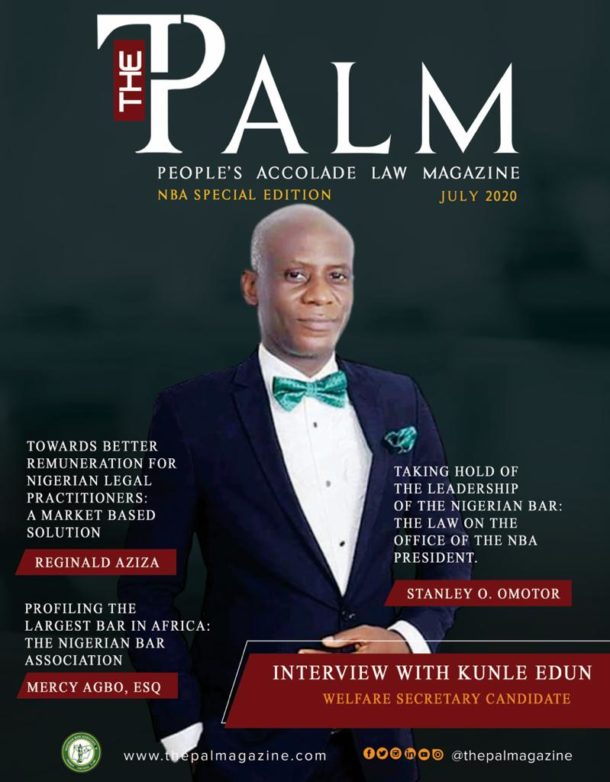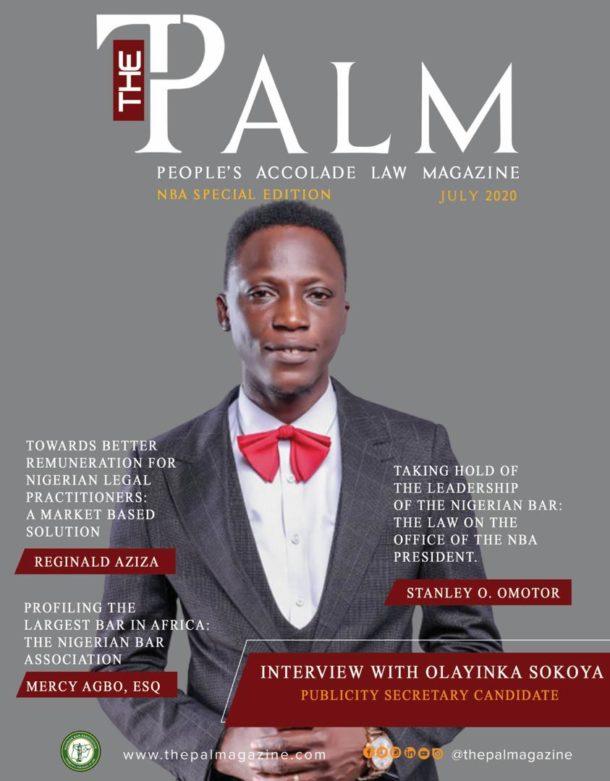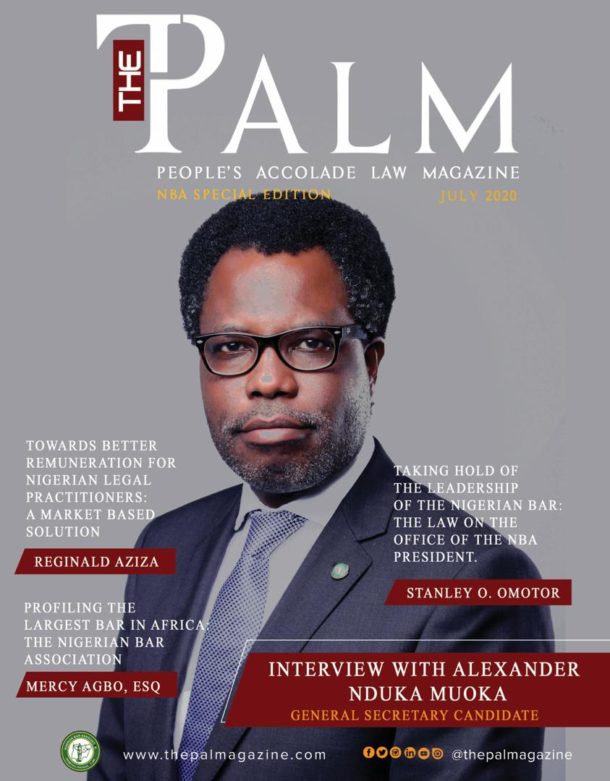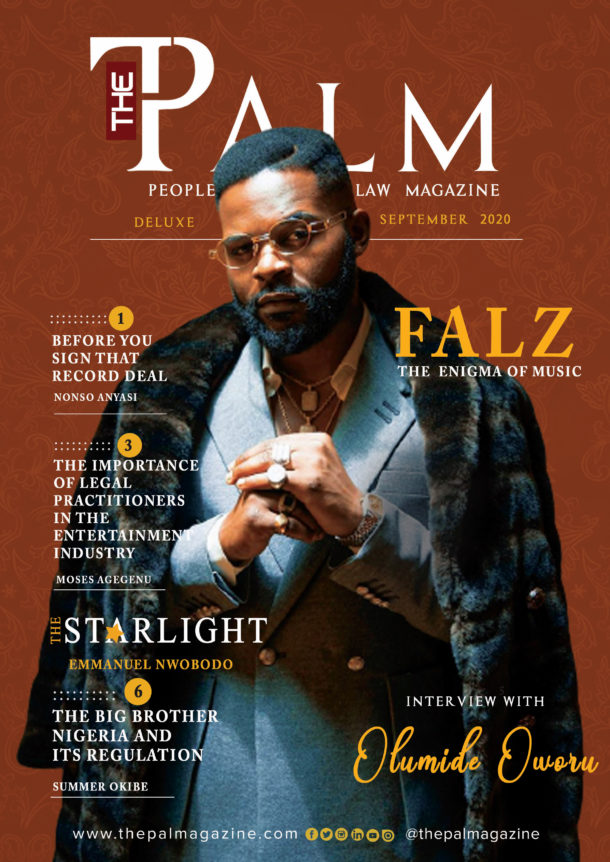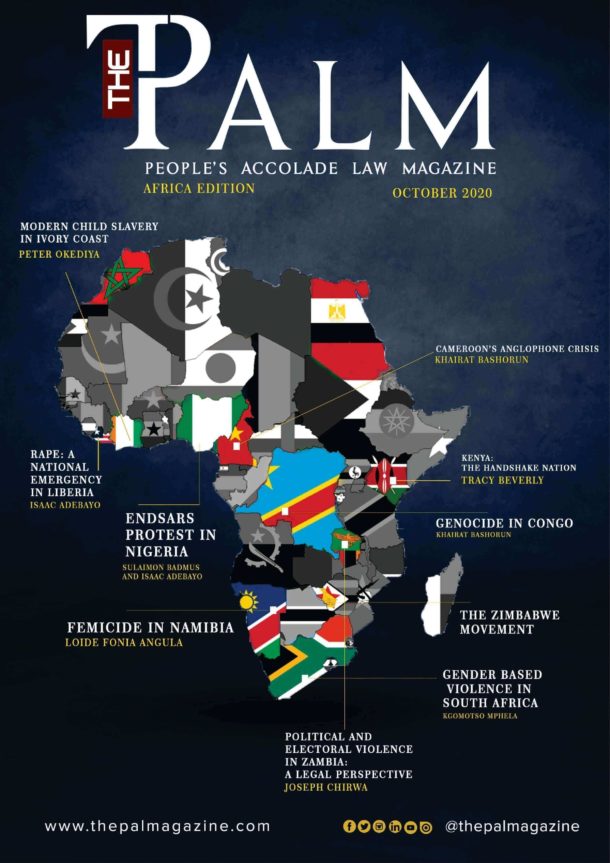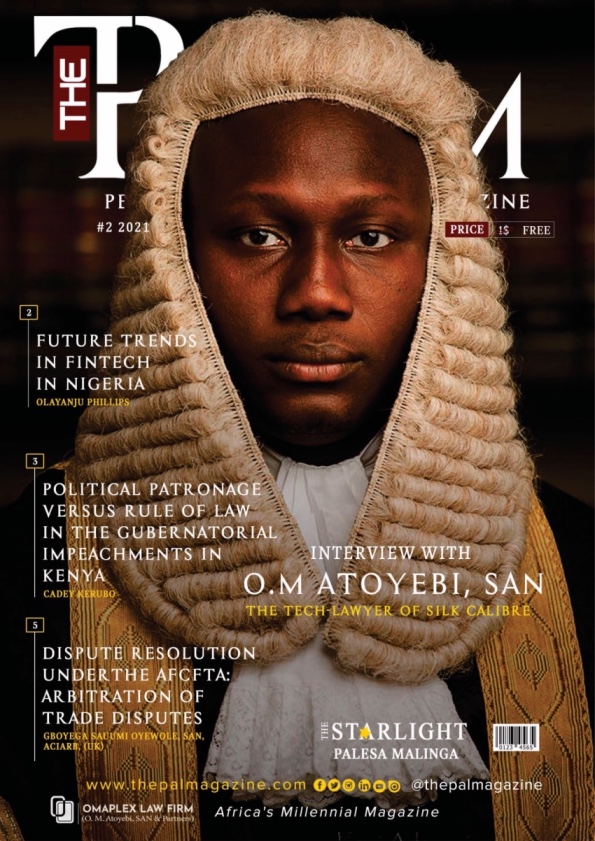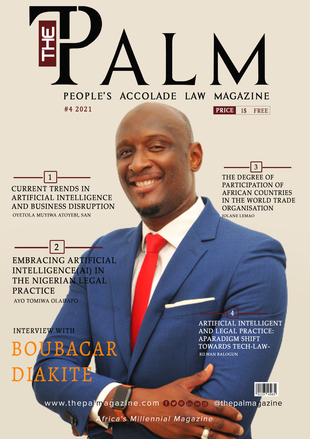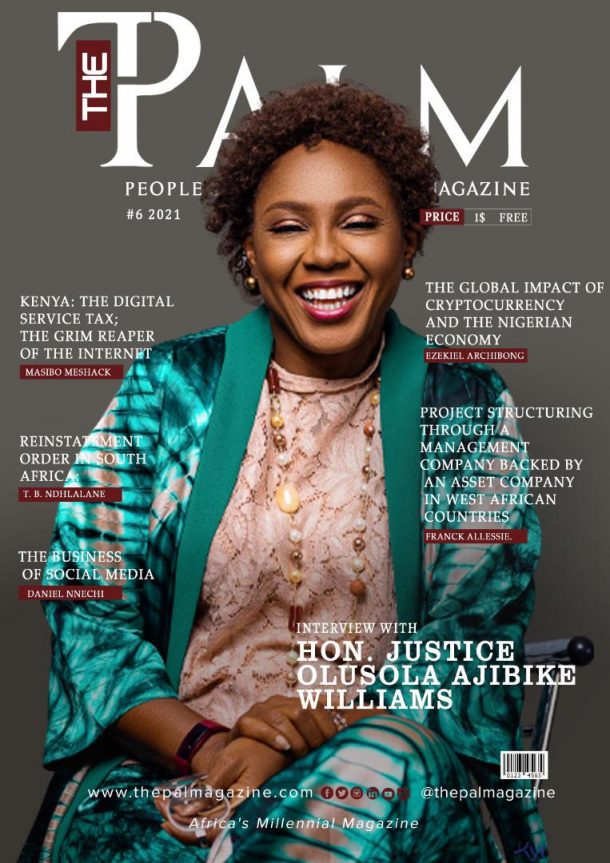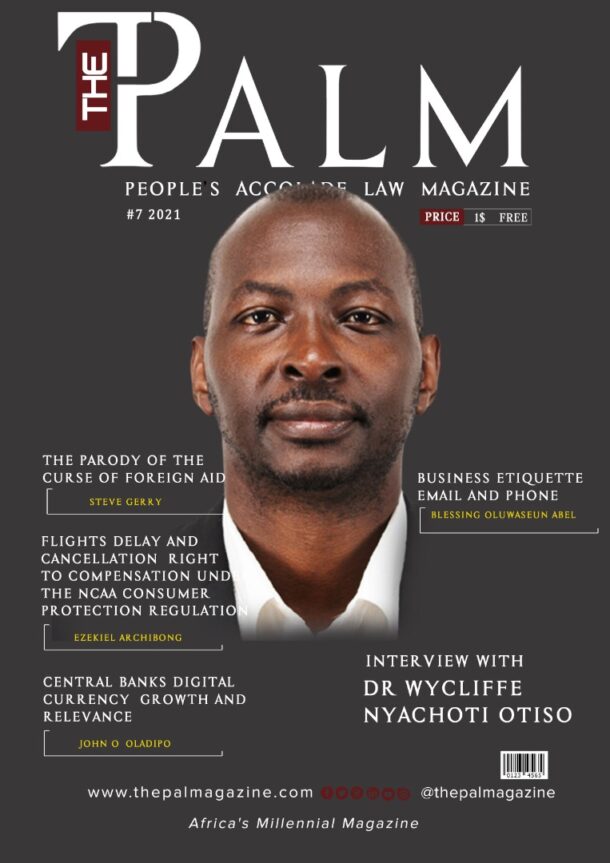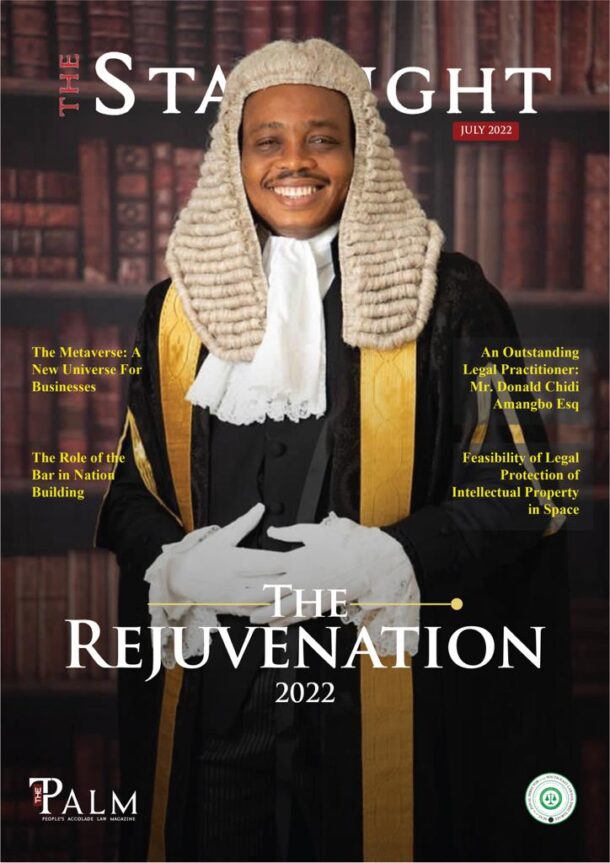1. Introduction
In the recent times, the world has been plunged into a state of panic as a novel virus, Covid – 19 (Corona Virus), bestrides virtually all continents like a colossus, taking away thousands of human lives and infecting close to a million people. The virus, whose epicenter was Wuhan province, China has turned out to be global pandemic. Whereas the origin remains shrouded in mystery, scientists observe that it is highly infectious. It is transmitted by coming into contact with infected person. The current statistics from the World Health Organization (WHO) show that there are 571,678 infected cases, with 26,495 deaths. Kenya has reported 38 infected cases, out of which, one patient has died while another died in unclear circumstances under police investigation.
In a bid to fight the spread of the Corona Virus pandemic, Kenya’s president announced a curfew. The curfew was subsequently published in the Kenya gazette. Substantially, the curfew limits the movement of the people from 7pm to 5am. However, it exempts the essential services, personnel or workersfrom the curfew. The list of essential service providers have been well spelt out in the Order.
This article adopts the view that, the curfew is one of the necessary positive steps in the fight against the further spread of corona virus in the country. At a point that we have lost already about two individuals out of the 381 cases of covid – 19 in the country, a lot needs to be done by the state. Even then, it must be pointed out that the government appears to have slackened until too late when we had the report of the first case. It must be remembered that there were public concerns about the open policy allowing flights to the country, even from the countries hit badly by the pandemic. This prompted the court to issue orders that, even though the government protested, it nevertheless, sprang into action.
Even as the dusk curfew remains one of the steps to curb the spread of the corona virus pandemic, the article vehemently argues for enforcing it within the framework of the Constitution and Human Rights framework. Already, the first day of enforcing the curfew has been characterized by police brutality on innocent citizens and government statements with subtle gagging orders on journalists. This is a blatant breach and/or threat to breach the constitutional rights under the Bill of Rights and other international Human Rights Instruments.
It is in the context of advancing an argument for enforcing thecurfew within the constitutional and human rights framework that this article seeks to explore the fate of the right to legal representation and limitation of other constitutional rights. At the conclusion, the article makes a finding that the list of essentials in the relevant schedule of the Public Order (State Curfew), 2020 ought to be expanded to include legal representation.
The Bill of Rights in the Constitution has been appraised as one of the most progressive and elaborate global human rights framework. It not only entrenches civil, social and economic rights but also recognizes vulnerable group (people’s) rights.
However, the focus of this article is Article 25 of the Constitution that provides for non-derogable rights – freedom from torture and cruel, inhuman or degrading treatment or punishment; freedom from slavery or servitude; the right to a fair trial; and the right to an order of habeas corpus. These rights are absolute.
Article 50 of the Constitution specifically provides for the right to fair hearing. In criminal matters, it provides that the accused person has the right to choose, and be represented by, an advocate, and to be informed of this right promptly. It further provides that an accused person has a right to have an advocate assigned to the accused person by the State and at State expense, if substantial injustice would otherwise result, and to be informed of this right promptly. It is a constitutional imperative that Article 50(2)(g) and (h) read together with Article 25(c) elevates the right to legal representation for accused persons as absolute. Of course, the Constitution is silent on the difference between arrested person/suspect and accused person. Therecould be a subtle distinction. However, in the spirit of Article 20(3) as read together with Article 259(1), such a remote distinction cannot be a justification of limiting an absolute right to persons who need legal representation in criminal matters.
Actually, Article 50(1) of the Constitution encapsulates the right to fair hearing in more holistic terms. Legal representation is one of the fundamental tenets of fair hearing. Essentially, it clears any iota of doubt as to whether the right to legal representation is absolute beyond the province of disputes that are criminal in nature. The right to legal representation is, therefore, absolute in adjudication of all disputes of whatever nature.
What then would be the effect of this provision in the prevailing state curfew? This article approaches it in two-fold. First, to the extent that the Public Order (State Curfew), 2020 fails to capture legal services as an essential service, it is unconstitutional. Comparatively, South Africa has recognized legal service as essential. However, there would be a need for the High Court to pronounce itself on the issue.
The other approach is radical but constitutional. Constitutional rights are not granted by the State. Human rights inherently belong to every individual. Therefore, to extent that that the right to legal representation is absolute, persons do not need a legal instrument – statute, regulation or order – to exercise them. It then means that failure to include it as essential service in the Public Order (State Curfew), 2020 is irrelevant. Those who want to benefit from the services of legal representation as well as those who offer them can do so, without any restrain from authorities.
At the outset, this article appreciates that the Public Order (State Curfew), 2020 limits the exercise of many constitutional rights.These rights include – freedom of movement, media, the right to information, association, assembly, social economic rights and labour, fair administrative action, among others. Human rights are interrelated and inextricably intertwined, and the limitation of a particular right affects another strand of rights. Indeed, save for the constitutional rights contemplated under Article 25 (discussed in detail above), all other rights are not absolute. However, a quick observation must be made that limitations, derogation and craw back clauses are the soft belly spots that authorities abuse to violate constitutional rights. Notably,mindful of this trend, the drafters of the Constitution set the criteria for limitation.
Article 24(1)of the Kenyan Constitution provides that a right or fundamental freedom in the Bill of Rights shall not be limited except by law, and then only to the extent that the limitation is reasonable and justifiable in an open and democratic society based on human dignity, equality and freedom, taking into account all relevant factors, including; the nature of the right or fundamental freedom; the importance of the purpose of the limitation; the nature and extent of the limitation; the need to ensure that the enjoyment of rights and fundamental freedoms by any individual does not prejudice the rights and fundamental freedoms of others; and the relation between the limitation and its purpose and whether there are less restrictive means to achieve the purpose.
The import of the above provision is that even though the Public Order (State Curfew), 2020 inevitably limits most of the constitutional rights, the limitations must be within the criteria set out in Article 24 of the Constitution. One of the crucial words or phrase that pop out in Article 24 is limitations to be in done in the spirit of open democratic right. Courts have shed light what these entails.
In R v Oakes (1986), the Supreme Court of Canada interpreted ‘free and open democratic society’ in –
The Court must be guided by the values and principles essential to a free and democratic society which I believe embody, to name but a few, respect for the inherent dignity of the human person, commitment to social justice and equality, accommodation of a wide variety of beliefs, respect for cultural and group identity, and faith in social and political institutions which enhance the participation of individuals and groups in society…
In Samuel Manamela & Another v The Director-General of Justice the South Africa
Constitutional Court stressed that limitation of human rights entails a balancing exercise to arrive at a global judgment on proportionality, and not adhere mechanically to a sequential check-list similar to provisions of 24(1) of the Constitution. The court remarked that-
This is inherent in the requirement of proportionality, which calls for the balancing of different interests. The proportionality of a limitation must be assessed in the context of this legislative and social setting…
The courts in Kenya have adopted the above reasoning. For instance, in Kituo cha Sheria and others v AG reinforced this position. Similar position has been echoed in other court decisions.
It then flows seamlessly that even as the relevant authorities inKenya enforce the state curfew, limitation of human rights should be done within the law and in a manner that reflects the values of an open democratic society. In cases that involve breach of the Public Order (State Curfew), 2020; the authorities should respond in a proportional and reasonable manner.
So far, the police brutality upon the innocent citizens has been witnessed. Cases have been reported of corporal punishment against the citizens. This must be condemned and avoided. The apologetic remarks from the Cabinet Secretary that being the first day of the curfew, such brutalities which are in blatant violation of human rights were expected is uncalled for. There is no justification for violation of human rights!
This article was penned while the curfew is in force. At the same time, the corona virus pandemic is still a global peril. It is not known how long it will take to contain the pandemic. Obviously, the authorities vested with the obligations to protect the people, have to take all measures necessary. The curfew could be as well as be a preview of an impending complete shutdown, either in some regions or the entire state. But whether we come to that point or not, all the measures must be enforced within the confines of human rights framework.

